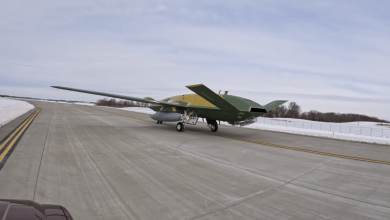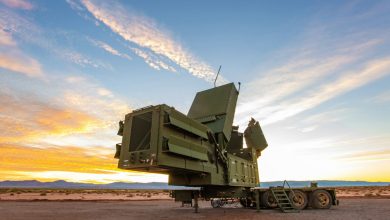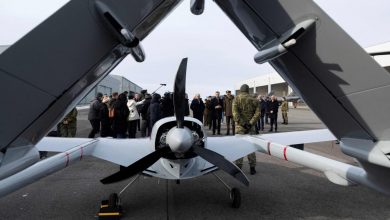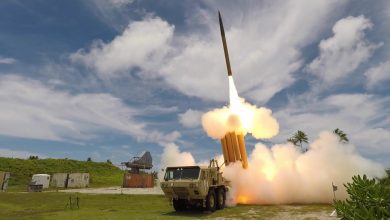Turkish forces enhance winter precautions against PKK

Turkish security forces are ramping up preparations to prevent PKK from establishing winter bases in the mountainous regions near the country’s borders, local media has reported.
The number of base areas has increased this year as part of enhanced precautionary measures, daily Milliyet reported on Sept. 16.
Concurrently, operations and surveillance activities targeting PKK have been intensified.
The measures follow recent inspections by Land Forces Commander Selçuk Bayraktaroğlu. He visited the southeastern city of Hakkari and the operational area in northern Iraq on Sept. 12.
After the visit, Defense Minister Yaşar Güler also conducted inspections at the Land Forces Command and received updates from Bayraktaroğlu.
Turkish authorities have recently reiterated intentions to maintaining cross-border operations against PKK throughout the winter.
As part of this, leading defense industry firm Aselsan has deployed its advanced mobile mortar detection radar system, Serhat, to the base areas.
Serhat is capable of detecting and tracking mortar, artillery and rocket shells, as well as unmanned aerial vehicles.
Meanwhile, six PKK members have been “neutralized” in recent cross-border operations, the Defense Ministry announced on Sept. 16.
Turkish authorities use the term “neutralize” to indicate that the individuals in question have either surrendered, been killed or captured.
Four were targeted in northern Iraq’s Assos region, while the remaining two were targeted in areas covered by Türkiye’s Euphrates Shield operation in Syria.
The Euphrates Shield operation, launched in 2016, is part of a series of cross-border campaigns against PKK, including Operation Olive Branch in 2018 and Operation Peace Spring in 2019.
PKK is listed as a terrorist organization by Türkiye, the United States and the European Union.
“We continue unpredictable, unconventional, rapid and continuous operations to destroy terrorism at its source,” read the ministry’s statement.
Additionally, Chief of General Staff Metin Gürak participated in a NATO Military Committee meeting in Prague from Sept. 13 to 15.
On the sidelines of the meeting, Gürak held bilateral talks with military counterparts from the United States, Spain, Poland and the Netherlands.
Source: HurriyetDailyNews





